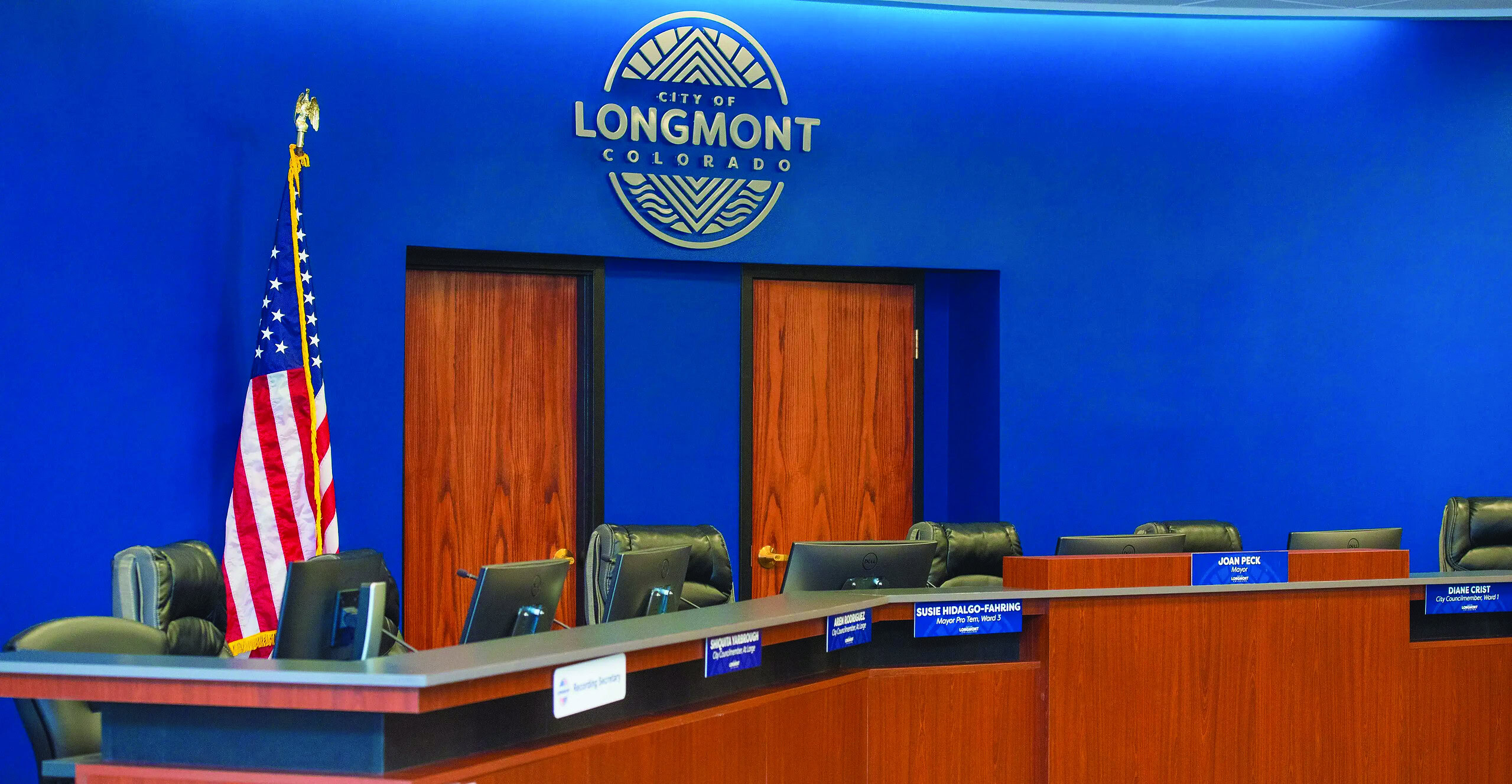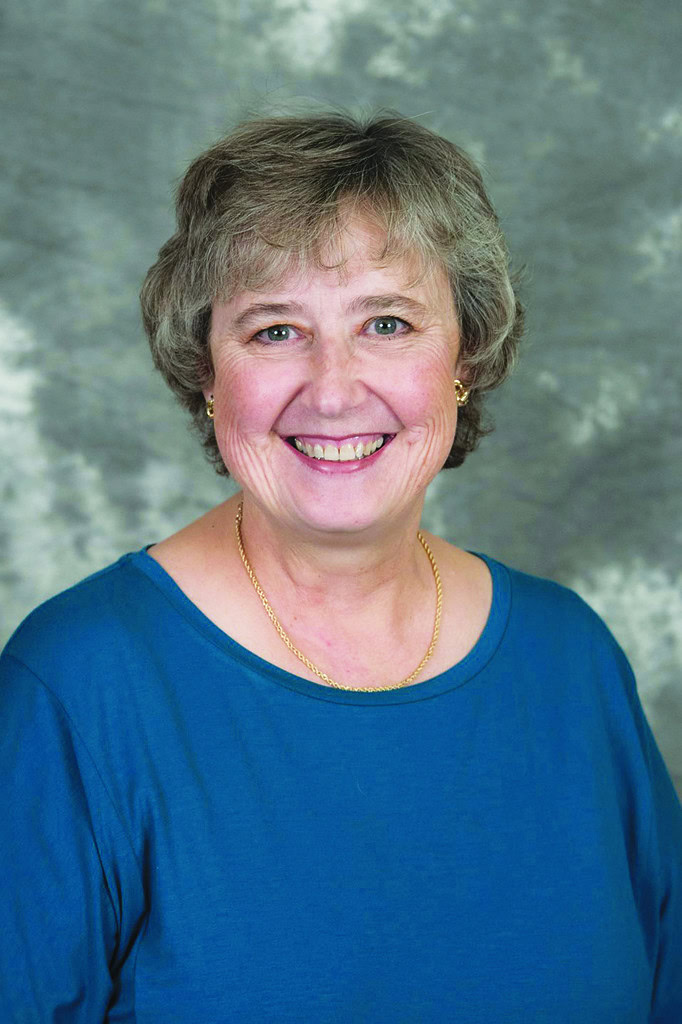
On Jan. 28, and for only the seventh time since Longmont’s charter was adopted in 1961, a new member will be appointed to city council by elected officials rather than by voters. We arrived here because former councilwoman Marcia Martin set her resignation at the end of 2024, forcing the city to appoint rather than holding a widely preferred special election to fill her seat.

The saga began May 14, 2024, when council, via a unanimous vote, approved allowing Martin to remotely attend meetings to care for her daughter in New York. After nearly three months out of state, council revisited this allowance and voted 5-0 (Yarbrough absent, Martin abstained) to cancel her ability to virtually attend meetings as of Dec. 2.
That date was important, as the city charter requires a special election be held when there is a year or more left on a vacated seat. Throughout the process, several members asserted their preference for a special election to protect the credibility of the city council.
Over the 29 weeks of Martin’s remote allowance, there were 21 council meetings. According to my review of those meetings, Martin virtually attended 19 and was in-person for two. Along with regular meetings, members also sit on advisory boards, interact with the public at events such as Coffee with Council, and attend joint meetings with other governing bodies. Of these additional expectations, during her extended absence, it appears she participated in one Coffee with Council session and four advisory board meetings.
It was anticipated Martin would resign or be removed during the Dec. 3 council meeting. She was unexpectedly present that evening, where she declared her intention to serve through the end of the year, thus precluding the desired special election and instead forcing her seat to be filled by direct appointment.
What began as professional courtesy, borne of empathy for a fellow colleague in a difficult time, ended with Martin taking advantage of the situation and unilaterally deciding how she wanted her vacated seat filled. Longmont City Council lost control of the process.
At a July 16 meeting, Martin offered two reasons to defend her preference for an appointment. First, it would quickly return council to full staffing, thus mitigating potential tie votes. Second, appointing saves the city around $100,000 for the expected cost of a special election. Neither are particularly compelling.
Even casual observers of council activities recognize there is general ideological alignment among a majority of members, so tie votes are not likely. As for the cost of a special election, $100,000 is about 0.02% of Longmont’s 2025 proposed $469.67 million budget — a small price to pay to ensure public confidence.
Martin believes she is protecting the city with her strategic exit using reasons that collapse under cursory scrutiny.
What have the residents of the city been saying about this process? During the public-invited portion of the Dec. 10 council meeting, the sole topic was the appointment, with every speaker stating a clear preference for an election.
Recently, a caller to the Longmont Times-Call comment line said, “The Ward 2 council position needs someone who represents the citizens’ desires.” It’s clear an appointment is not what the public wants, and residents are right to be concerned it won’t reflect the will of the people. Those members voicing concern back in July about a credibility hit were justified in their worry.
There is a path forward that preserves city council’s reputation in a process ripe for accusations of favoritism, backroom dealing and majority packing. Let’s challenge the council by encouraging each member to support a candidate with an alternative mix of views who won’t merely bolster the already solid majority. Such a person is unlikely to change the outcome of any votes, but crucially, will be viewed as a credible pick.
The Ward 2 residents I have heard from — on various email lists, speaking at council meetings and in personal conversations — have a strong preference for a person who represents the desires of current residents, and not the perceived wishes of people who may move to Longmont in the future. They want the new council member to be an agent of the neighborhoods and not global desires; an individual who cares about the city and the people who live here, and not seeking the position to serve larger agendas.
There are candidates who check these boxes and would easily fend off accusations of ideological favoritism if selected. We can hope our elected city council has the collective strength to set aside personal biases and see the wisdom of such an appointment. Longmont will be well-served if they do.
Gary Hodges has lived 28 years in Longmont’s Ward 3. He is a senior associate scientist with CU Boulder working at NOAA. He ran for city council in the 2022 special election and the 2023 regular election, and also served seven years on the Transportation Advisory Board.
This opinion does not necessarily represent the views of Boulder Weekly.
Looking for a different take? Read Shakeel Dalal's piece, "Longmont council appointment is an opportunity"
